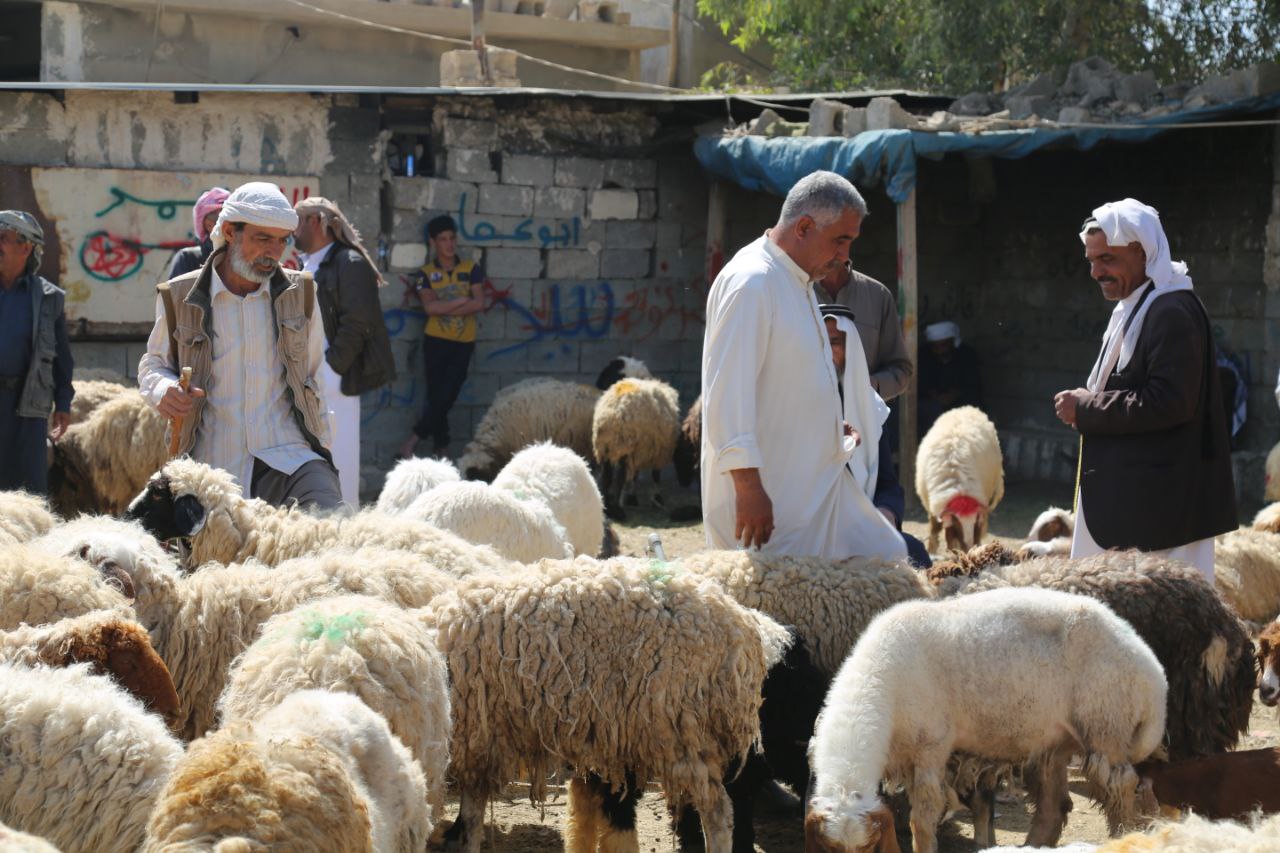The director general of Kirkuk health department affirmed the first case of Viral Hemorrhagic Fevers VHFs on Sunday May 1st.
Nabil Hamdi Boushnaq affired that a 47-year=old butcher in Kirkuk tested positive of VHFs following tests at Azadi General Hospital.
“He is hospitalized and under medical supervision. We have run tests for his relatives and people close to him,” Boushnaq added. “Our teams are on alert at hospitals in order to curb the outbreak of the disease.”
Iraq has recorded at 18 cases and five deaths in 2022. The Iraqi government said it is taking precautions to curb the spread of the infection.
Viral hemorrhagic fevers are infectious diseases that can cause severe, life-threatening illness. They can damage the walls of tiny blood vessels, making them leak, and can hamper the blood's ability to clot. The resulting internal bleeding is usually not life-threatening, but the diseases can be, according to Mayo Clinic.
Signs and symptoms of viral hemorrhagic fevers vary by disease. In general, early signs and symptoms can include fever, fatigue, weakness, dizziness, muscle and or joint ache, nausea, vomiting, and diarrhea.
Video: A campaign to ban slaughtering livestock out of licensed slaughterhouses in Kirkuk
Viral hemorrhagic fevers are spread by contact with infected animals or insects. Some viral hemorrhagic fevers can also be spread from person to person.
Some viral hemorrhagic fevers are spread by mosquito or tick bites. Others are spread by contact with infected body fluids, such as blood, saliva or semen. A few varieties can be inhaled from infected rat feces or urine.
Preventing viral hemorrhagic fevers is challenging. If you live in, work in or travel to areas where these diseases are common, protect yourself from infection by using appropriate protective barriers when working with blood or body fluids. For example, wear gloves and eye and face shields. Precautions also include careful handling, disinfection and disposal of lab specimens and waste.
Food and meat to be covered properly in order to ban contact with mosquitos, flies and insects, keep waste bowls tidy, wire mesh for windows and doors, and cutting grass as it is a host for insects.





